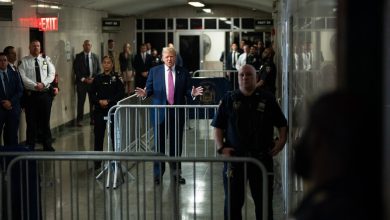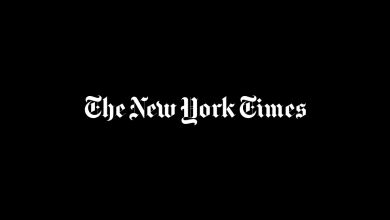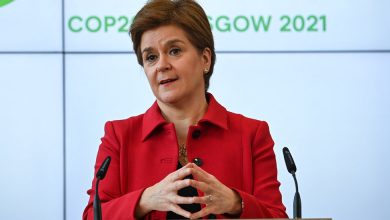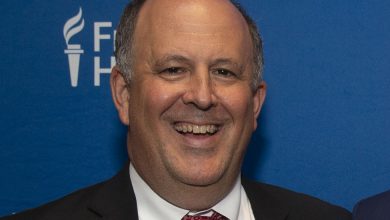What History and Economics Suggest About Biden-Trump, Round 2

Politics and economics have always been intertwined, often in ways that were mystifying in real time.
We’re living in another of those perplexing moments.
With the Super Tuesday primary results and a couple of important Supreme Court rulings behind us, it looks as if voters will face an election rematch between President Biden and his immediate predecessor, Donald J. Trump.
The polls show that many Americans perceive this contest with the distress reserved for root canals or colonoscopies. Democrats tend to view Mr. Trump as a villain who has committed serial misdeeds that include plotting to overturn the results of the last presidential election. At the same time, many Trump supporters see Mr. Biden as a doddering tax-and-spend political hack.
The prospect of this dreaded rematch sent me back to the history books, and to economic and markets data, looking for precedents and parallels. I found that repeat performances, in which previous major-party nominees for president ran again, sometimes against incumbents who had defeated them — have happened many times before, though not since 1956.
The current campaign presents a puzzle. Right now, economic data suggest that slowing inflation, robust economic growth and a bull market could give Mr. Biden a strong tailwind by November. The president devoted much of his State of the Union address on Thursday to what he described as a remarkably strong economy.
Yet polls show that the electorate isn’t giving him much credit for these salutary developments so far.
While this election is unique, as elections always are, there are plenty of previous presidential rematches, and instances when economics and the markets really mattered, even if it wasn’t always obvious at the time.



